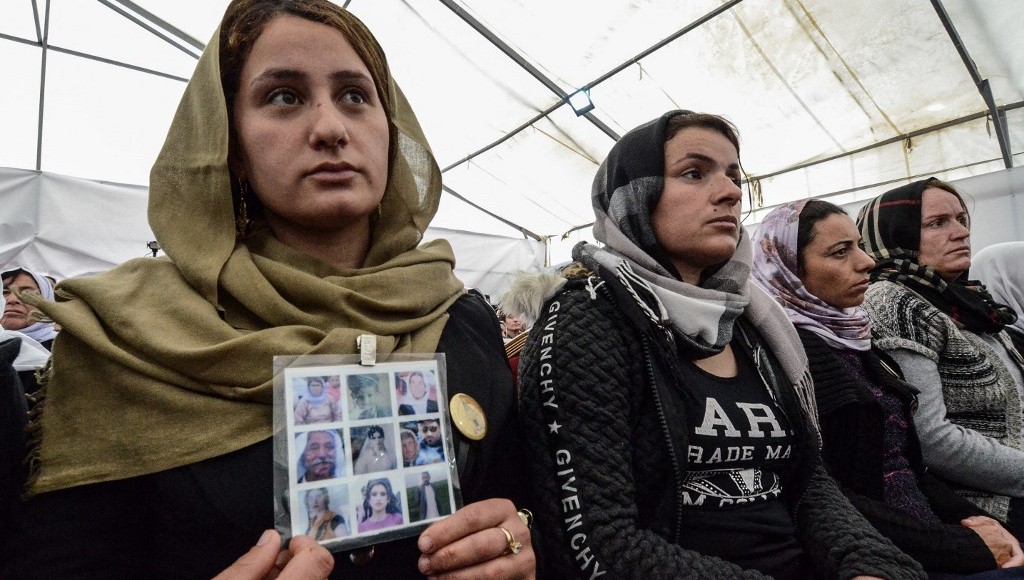A recent report drafted by human rights lawyers in the United Kingdom has revealed that the Turkish government was complicit in the radical group Islamic State of Iraq and the Levant’s (ISIL) massacre of the Yazidi population in Syria and Iraq, The Guardian reported.
The report was prepared in collaboration with the Yazidi Justice Committee (YJC) and five international human rights organizations and followed a three-year inquiry that investigated the conduct of 13 countries. It concluded that three of them failed in their duty to take reasonable steps to prevent the genocide.
In the case of Turkey, the report alleged that the government failed to police its borders to halt the free flow of IS fighters, including a significant number of Turkish nationals. Moreover, the report found that Turkish officials ignored the sale, transfer and enslavement of Yazidi women and children.
The government was also accused of helping train fighters affiliated with ISIL to fight Kurdish groups in Syria, therefore strengthening the perpetrators of the massacre.
“Turkish officials knew and/or were willfully blind to evidence that these individuals would use this training to commit prohibited acts against Yazidis,” the report said.
Turkish authorities have said the criticisms were baseless, and the Turkish ambassador to the United Kingdom, Ümit Yalçın, said Turkey played a key role in the protection of Syrian civilians and minorities from attacks of terrorist groups.
Article 1 of the United Nation’s Genocide Convention stipulates that states have a responsibility to prevent, prosecute and punish the crime of genocide. If states fail to uphold the convention they could be brought before the International Court of Justice (ICJ), which could result in them paying reparations to the victims of genocide.
It is widely acknowledged that more than 5,000 Yazidis have been killed and more than 400,000 displaced from their homes. To date, at least 2,800 Yazidi women and children are still being held captive by ISIL or remain missing.
There has been virtually no accountability for the massacre of Yazidi communities except for a prosecution in Germany last November of a single ISIL fighter who was found guilty of genocide over the death of a 5-year-old Yazidi girl he bought as a slave in 2015.
Aarif Abraham, an international human rights barrister and co-founder of the YJC, in an earlier statement said the report would be the first to consider the issue of state responsibility in relation to the Yazidi genocide. “It will serve to put states on notice of their binding obligations to prevent genocide through using all means reasonably available,” he said.
